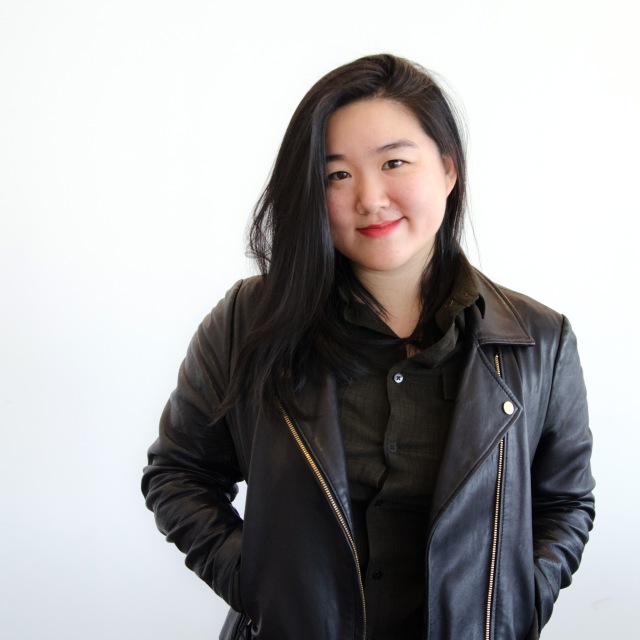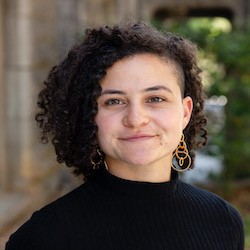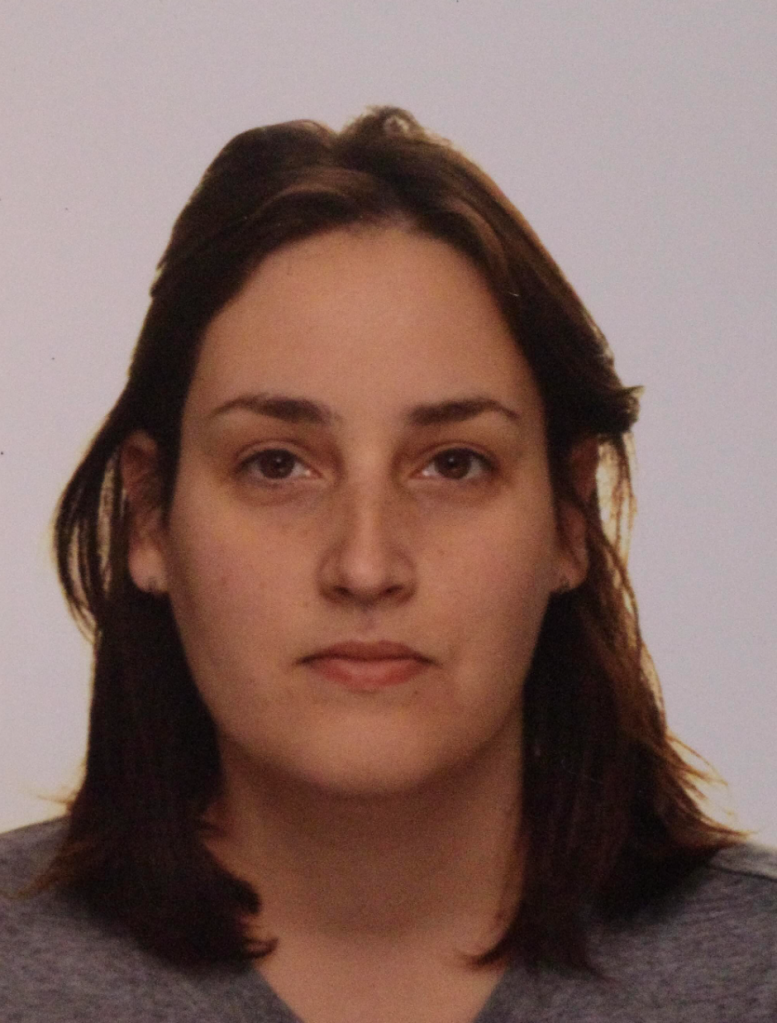We’re once again lucky to share our offices with an extremely talented cohort of PhD student interns and a brand new postdoc. This year’s new hires are conducting sociotechnical research spanning from digital harms and health, to shifting cultural imaginaries of work, to generative AI’s role in data production, democracy, and even disaster management. Join us in welcoming them!
Emily Tseng is the SMC’s new postdoc. Emily is broadly interested in how computing technologies mediate harm, and how to intervene. Her research develops the systems, interventions, and design principles we need to make technology safe and affirming for everyone. Emily recently earned her PhD from Cornell University Information Science, where her work focused on technology’s role in accelerating gender-based violence. For 5 years, she has served as a researcher-practitioner with the Clinic to End Tech Abuse, where her work enabled specialized computer security services for over 600 survivors of intimate partner violence (incl. stalking, harassment, coercive control). Emily publishes at top-tier venues in human-centered computing (CHI, CSCW) and computer security and privacy (USENIX, Oakland), where her work has won several Best Paper distinctions. Most recently, she has been interested in problems around consent, participation, and community control in the “foundation model” and “generative AI” era of machine learning. After her postdoc, Emily will join the tenure-track faculty at the University of Washington, in the Department of Human-Centered Design and Engineering.
Rachel Warren (she/ her) is a PhD student at the university of California at Irvine and is advised by Paul Dourish and Melissa Mazmanian. Rachel studies machine learning and prediction in the public sector through participatory design and quantitative, and qualitative methods. Her dissertation work will focus largely on predictive efforts in Fire EMS. This summer Rachel will be working with danah boyd to explore the data ecosystems involved in large scale disaster planning and management. In Rachel’s previous life she worked as a machine learning engineer/data scientist at Salesforce and co-authored a technical book about Apache Spark.

Nancy Salem (she/her) is a PhD candidate at the Oxford Internet Institute, with an academic background in labour geography and anthropology. Her research explores how imaginaries of sociotechnical futures are figured through public cultural spaces like museums and art galleries. As an intern with the Social Media Collective, Nancy looks to study how emerging norms around Generative AI are formed and negotiated by photojournalism associations and their members.
Zaidat Ibrahim (she/her) is a PhD candidate in Informatics at Indiana University Bloomington. Zaidat’s research focuses on women’s health, menstrual tracking technologies and lived experiences. She is focused on understanding how we can better design self-tracking technologies to support the lived experiences of women’s health and she is currently working with Mary Gray on Project Resolve—community-driven AI innovation.
Tajanae Harris (she/her) is an Information Science PhD Candidate at the University of Colorado Boulder. An ethnographer by training, her research intersects issues of data and democracy to explore how data supports activists in her home community, West Dallas, as they pursue their Environmental Justice goals.
Emillie de Keulenaar is a PhD candidate at the University of Groningen, a researcher at the University of Amsterdam’s Open Intelligence Lab and Digital Methods Initiative, and a research consultant for the UN DPPA Innovation Cell. Her research lies in the political history of speech moderation and its role in the formation of online public- and counter-spheres. At SMC, she will be exploring how LLMs generate moderate speech, as well as how certain biases may reflect larger contradictions in public speech norms.
Jordan Ali (he/him) is a PhD student in the Department of Information Science at Cornell University where he researches how the labor of cybersecurity reproduces and maintains American imperialism online. As an undergraduate and a master’s student at the University of Toronto’s Department of Geography & Planning, he examined how the United States government (re)territorialized cyberspace through the nation’s post-9/11 cybersecurity policies and legislation. Since joining Cornell, Jordan’s interests in the geopolitics of digitally mediated labor have also led to an exploration of work and play, particularly around blockchain games and player employment in low-income countries. As an intern with the Social Media Collective, Jordan hopes to draw on this prior work as he asks questions about the professionalization of AI red teaming and how figurations of the adversary structure this labor.






